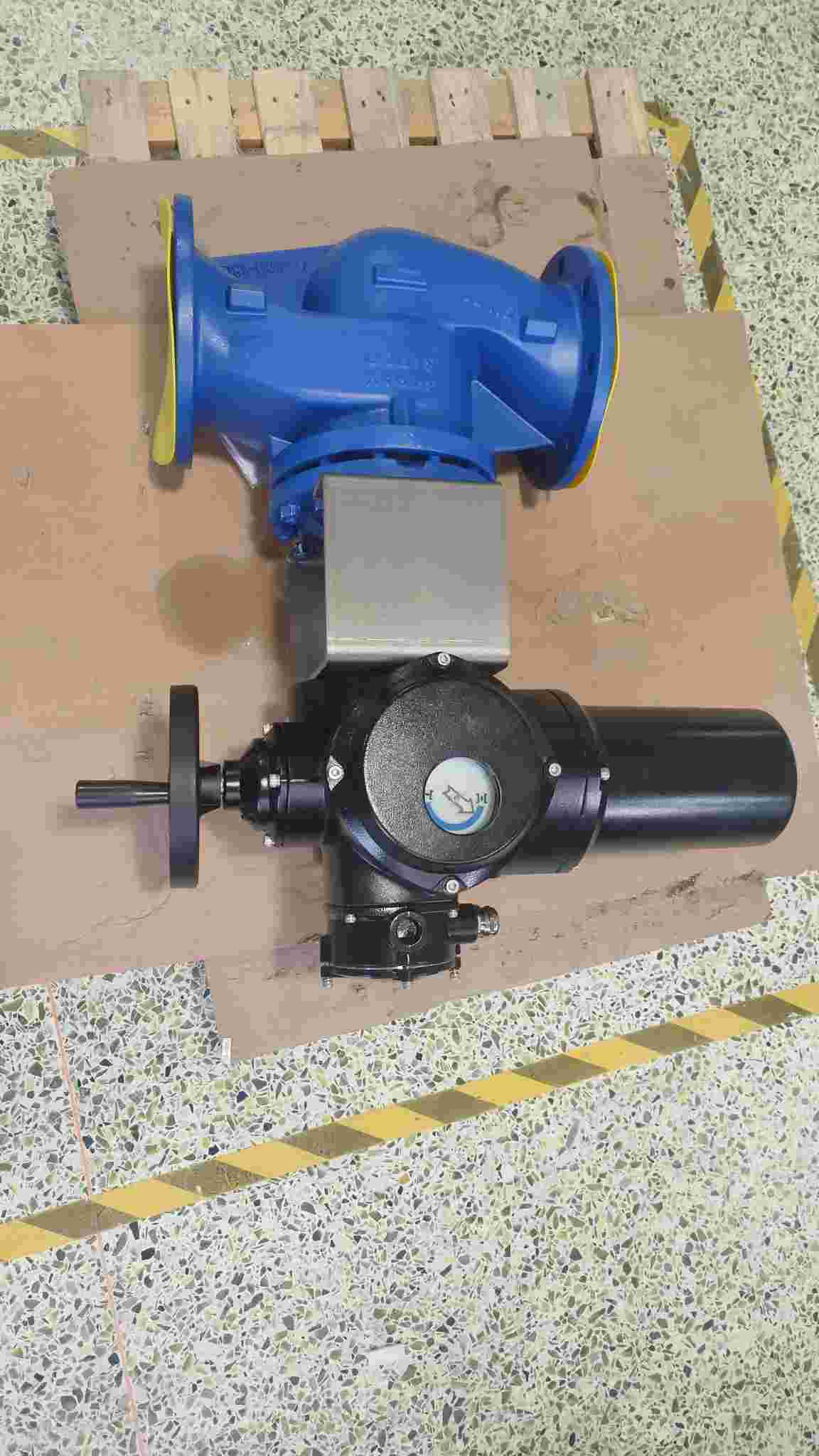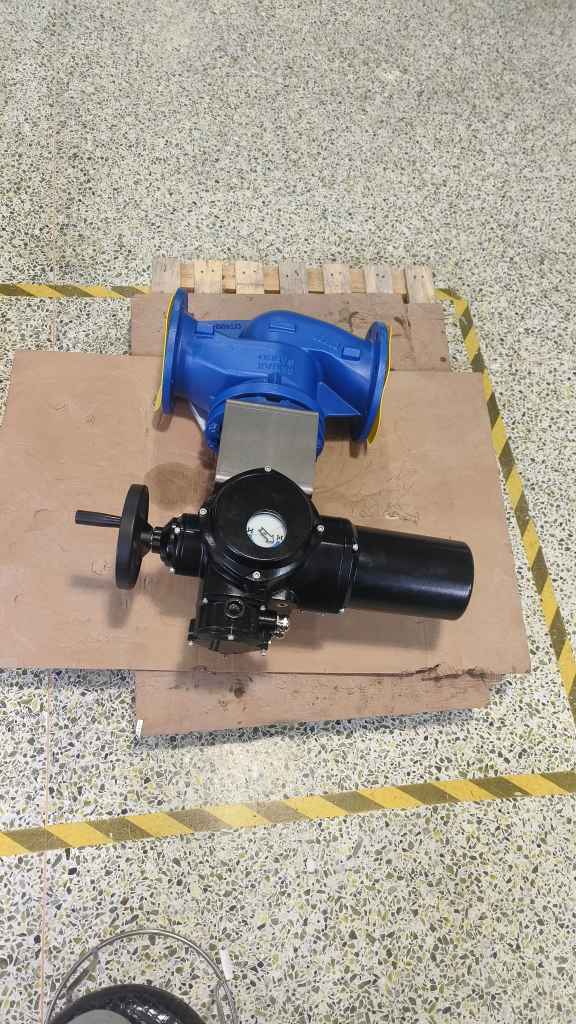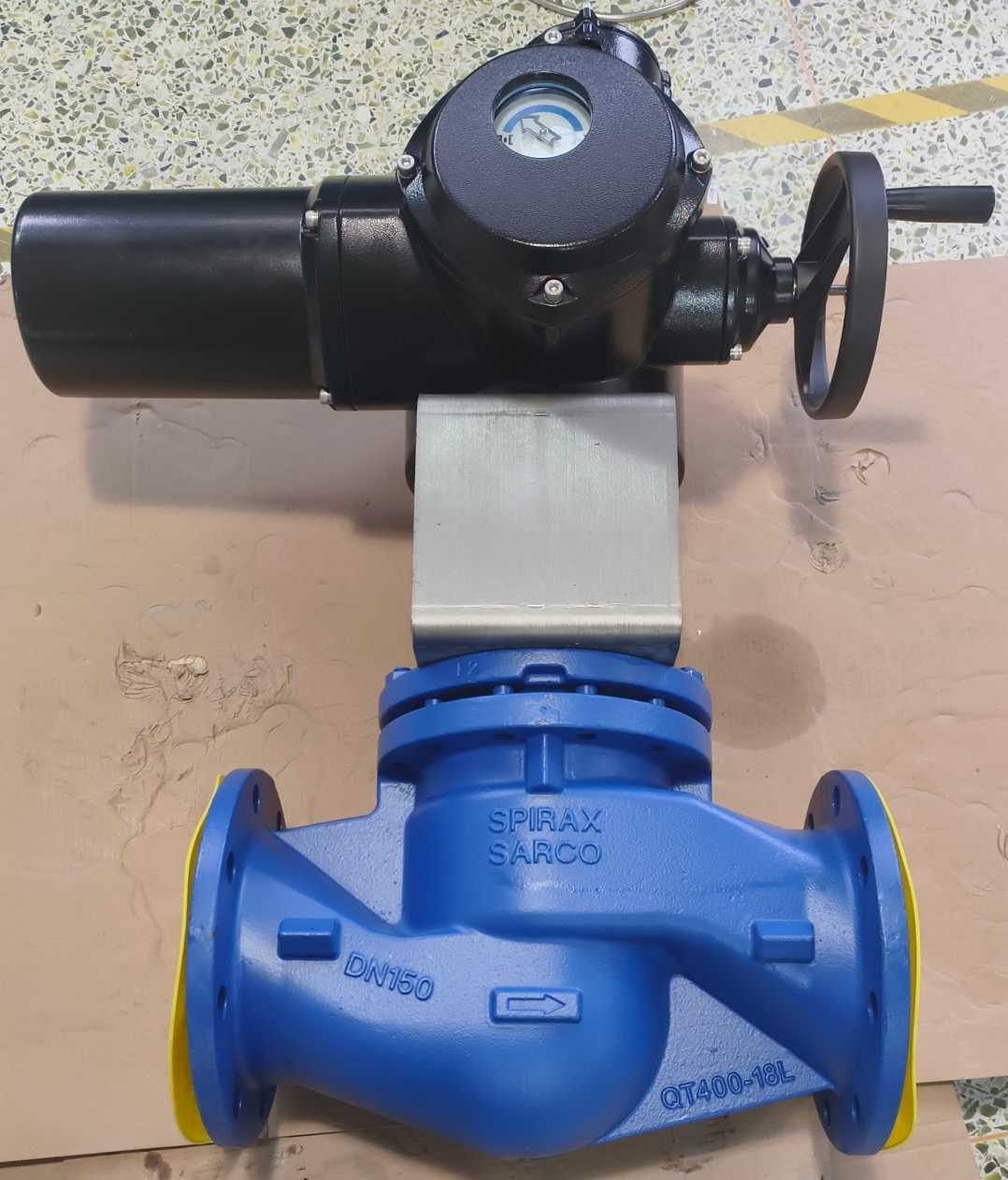

A lithium battery electric shut-off valve is a vital safety device used to control the flow of fluids, gases, or cooling agents within a lithium-ion battery system. The primary role of this valve is to act as a safety mechanism by stopping or regulating the flow of materials within the system, preventing potential malfunctions or catastrophic failures. The valve can be operated electronically, meaning it is controlled through electrical signals from a battery management system (BMS) or other monitoring devices.
These valves are particularly useful in lithium-ion battery systems that rquire constant cooling and temperature regulation to operate efficiently. They are designed to close automatically in certain emergency situations, such as when there is a risk of overheating, pressure buildup, or leakage.

e In the rapidly growing field of energy storage and electric vehicles, lithium-ion batteries have become one of the most commonly used power sources. These batteries are known for their high energy density, long cycle life, and lightweight properties, making them an ideal choice for a variety of applications. However, as with any technology, safety remains a significant concern, especially when dealing with energy storage systems that can store large amounts of power. One crucial component in ensuring the safety of these systems is the Lithium battery electric shut-off valve.
What is a Lithium Battery Electric Shut-off Valve?